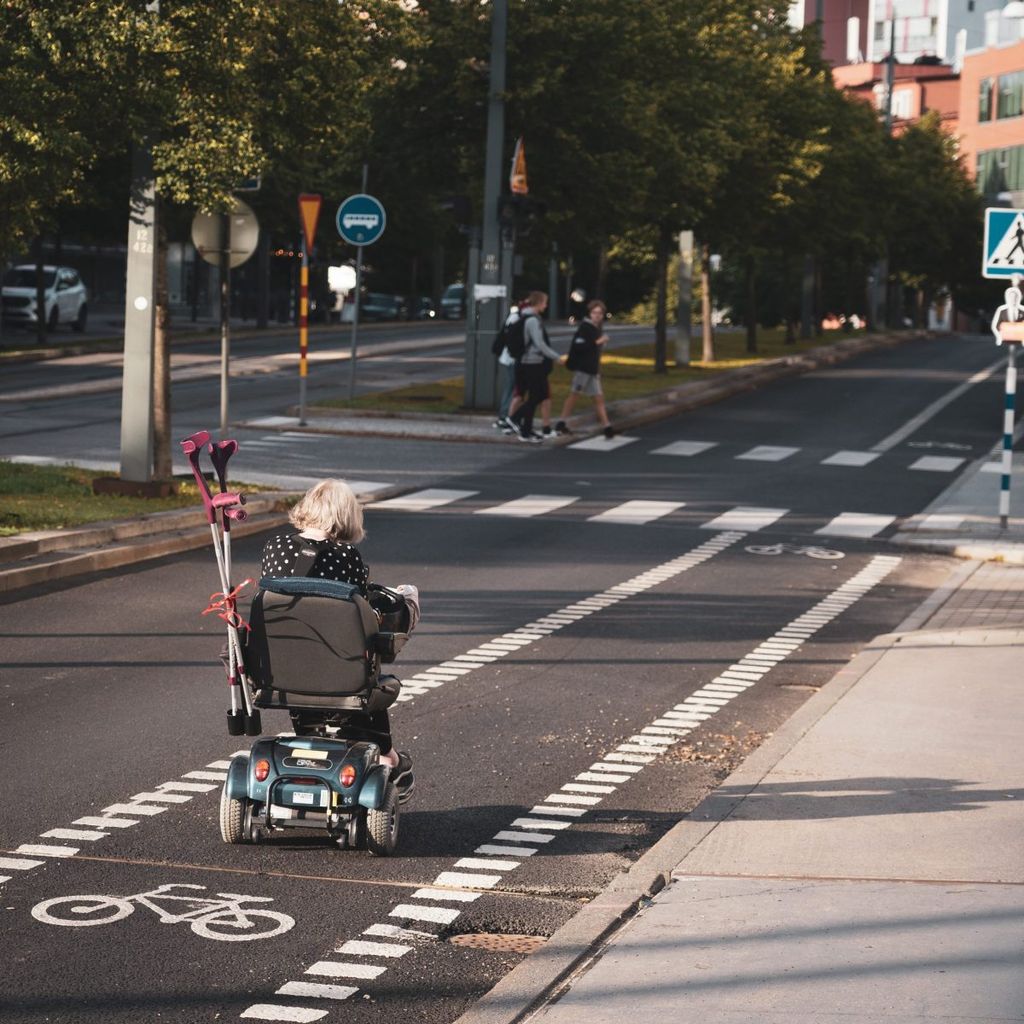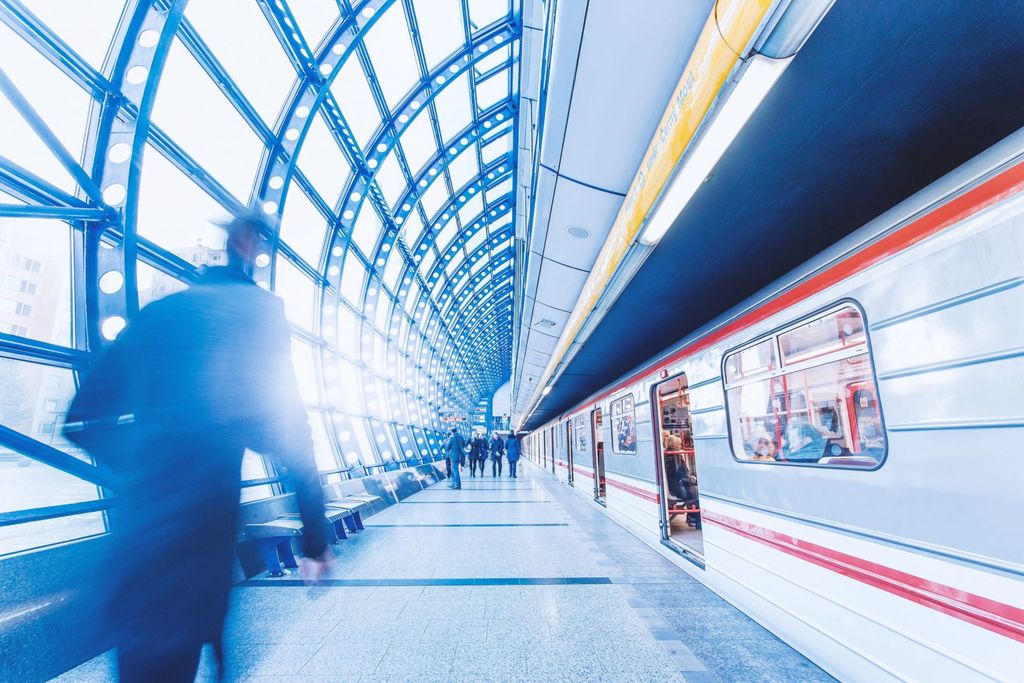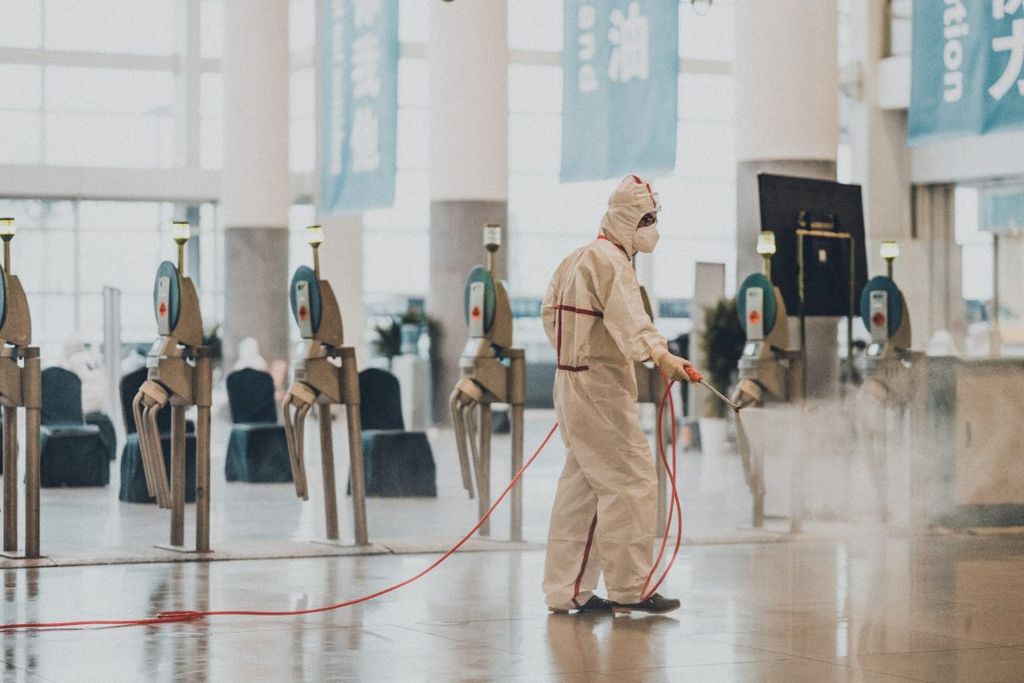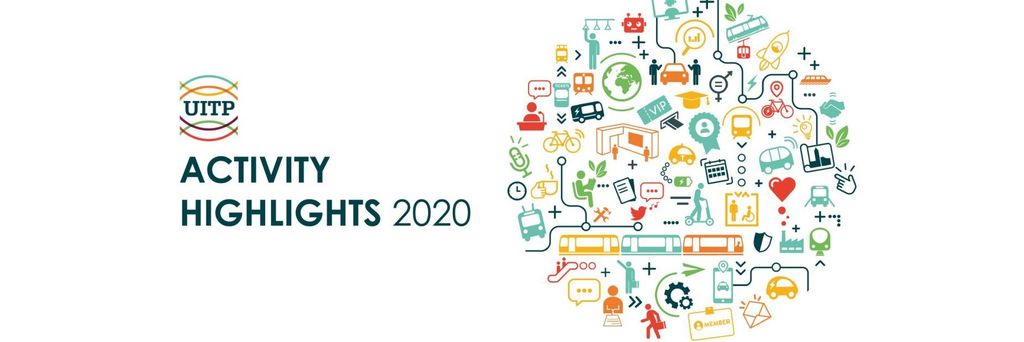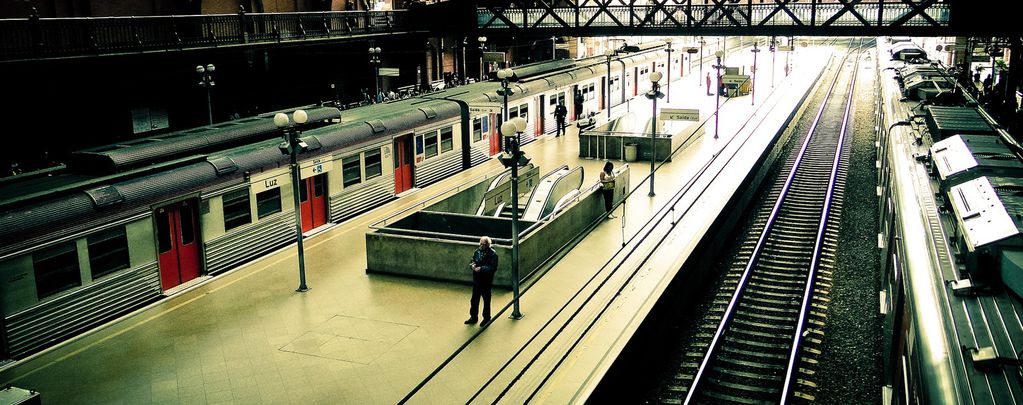
Latin America Week 2020: Jurandir Fernandes outlines the regional response to COVID-19
Our Digital World Tour makes its first stop…
During these difficult times, collaboration, sharing, innovation and learning from each other is key to ensuring safe and efficient public transport. This is why, in the face of the ongoing pandemic, UITP has launched its Digital World Tour so that you can gather knowledge, global and local, from wherever you happen to be when you connect to our events online.
Our first stop in this series of digital and hybrid events from around the world: Latin America Week (7-8 October 2020).

What to expect?
At this two-day seminar and exhibition, you will hear from an excellent array of speakers leading the public transport sector in the Latin American region. The seminar will address four macro themes: impact of Covid-19, with short-term impact and action, long-term recovery plans, day-to-day operation, and governance for systems sustainability.
To give you a sneak peek at what insights and knowledge this event can offer you, we’ve reached out to Jurandir Fernandes, President of the Board of EMDEC and UITP President of the Latin America Division, who kindly shared his views on the region’s reaction to the pandemic and how he hopes to see the future of mobility in Latin America unfold.

Can you give us some insights into what the response to the COVID-19 pandemic has been like in Latin America in these past few months?
Public authorities and passenger transport operators, public and private, have adopted all health protocols defined by the health authorities of their countries. There were few cities where public transport was interrupted. No suburban metro and train network has ceased to operate.
The mandatory use of masks is still in force, the hygiene at each travel cycle, the supply of transportation continues to be higher than the demand to ensure greater health security.
Research carried out in different regions of Latin America has shown that the highest levels of contamination have not occurred within public transport.
Have you noticed any new innovations or other “silver linings” that have helped improve day-to-day public transport efficiency or customer experience during this time?
The impact on public transport is still evolving and the final result is not yet defined. What will the demand for the “new normal” really be? What current attitudes are going to actually change into behavioural changes?
There is an acceleration in the implementation of innovations that were already underway. This is the case with remote work, web conferences and distance learning. Electronic commerce has also made significant leaps and, as a trend, the flow of customers in large shopping centres will decrease.
The use of urban space may also undergo changes. People tend to value healthier urban regions with lower rates of congestion, therefore, with lower rates of chemical and noise pollution. Couples with children tend to seek housing in cities outside metropolitan areas.
There is a revaluation of services and commerce in residential neighbourhoods. There is a trend towards non-transportation. There is a revaluation of active mobility: citizens are demanding streets for pedestrians and bicycles, better sidewalks and the implementation of cycle paths.
As Brazil starts to move towards a recovery phase, what role does public transport play in any short or long-term strategies?
Brazil, like other Latin American countries, is highly urbanised, with more than 85% of its population living in cities, half of them in metropolitan regions. Public transport will continue to be the backbone of our urban mobility. We are aware of the need to continue investing in bus corridors, BRTs, subways, suburban trains and LRVs.
What should be the priorities for the future of public transport in Latin America (in the aftermath of COVID-19)?
In the short term, the most debated topic in all of Latin America is the question of the economic sustainability of public transport. There is a discussion around the need to change the form of remuneration for operators today concentrated on the fare paid by the passenger. Alternative sources of financing are also being discussed.
There is also a need, in the short term, to modernise the regulation of the transport sector and mobility in general for the implementation of new operating models (transport on demand, for example) and new business models.
The creation of metropolitan authorities for the planning, coordination and control of mobility in metropolitan regions is also an urgent issue for Latin America. The biggest obstacle is of a political nature, as we already have enough technology so that all mobility modes can serve the population in an integrated and coordinated way.
Interested to hear more about the public transport landscape in Latin America?
Register now to participate in the Latin America Week (7-8 October 2020)!
become a member


